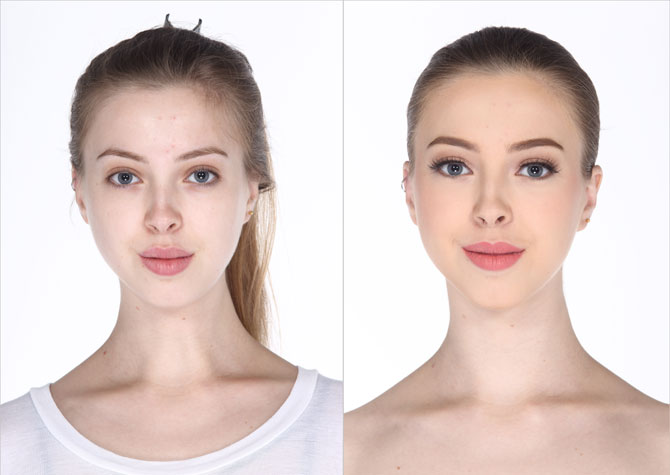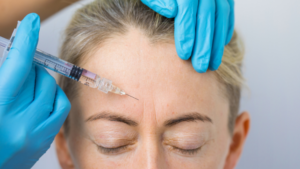 Michael Jackson’s repeated surgeries is thought to be caused by Facial Dysmorphia
Michael Jackson’s repeated surgeries is thought to be caused by Facial Dysmorphia
Facial dysmorphia is a mental health condition where the sufferer has a warped perception of the appearance of their face. This commonly includes distorted views on how their nose, skin and teeth look. These inaccurate, and almost always negative, self-perceptions can lead to people with facial dysmorphia obsessing over certain features of their physical appearance to the point where it severely impacts their lives.
The fixations with their imagined physical flaws can be the source of immense anxiety for people with facial dysmorphia. In extreme cases, the illness can lead to people becoming house-bound in an attempt to hide their despised appearance, or even mutilating themselves as a form of “DIY” cosmetic surgery. It is thought that 20% of people with facial or body dysmorphia end up committing suicide.
Practitioners estimate that around 2% of the population suffer from facial or body dysmorphia. Males and females are equally as likely to have the illness. The causes of the illness are poorly understood, however it is far more likely to occur in people who have been physically and/or emotionally abused as children. Additionally, evidence suggests that dysmorphia has a genetic component.
Contact Us

One explanation for how one can come to misrepresent the look of their own facial features is that the brain is hard wired to filter out familiar stimuli. This means that if someone spends a long time looking at a part of their face in the mirror they will see distortions in their appearance. It is almost like an optical illusion.
With this cognitive effect in mind, it is clear to see how a small concern about an aspect of one’s appearance can grow exponentially. The more one agonises over themselves in the mirror, the more likely they are to develop a distorted view of how they actually look. This, in turn, is likely to cause the individual to spend yet more time in front of the mirror, causing their self-perceptions to become even more distorted. It is this cycle of self-analysis and self-distortion which leads to facial dysmorphia.
Facial dysmorphia is very hard to diagnose, and currently the illness is most commonly spotted by cosmetic and plastic surgeons. It is very common for people with facial dysmorphia to want cosmetic surgeries such as skin-peels, face-fillers and tooth whitening. However as such procedures only change one’s appearance rather than solve the underlying dysmorphia, sufferers are rarely happy with the outcome of surgery. In many cases they will want further cosmetic treatments. It is thought that the late pop-icon Michael Jackson’s obsession with plastic surgery was caused by facial dysmorphia.




